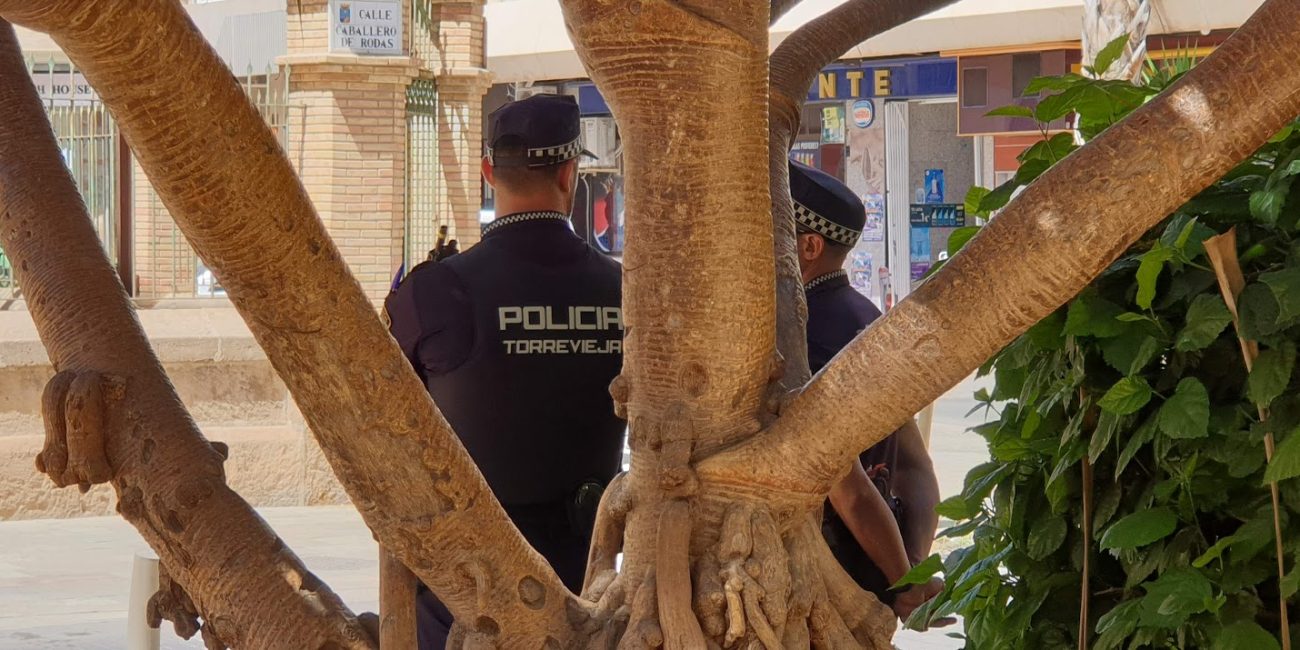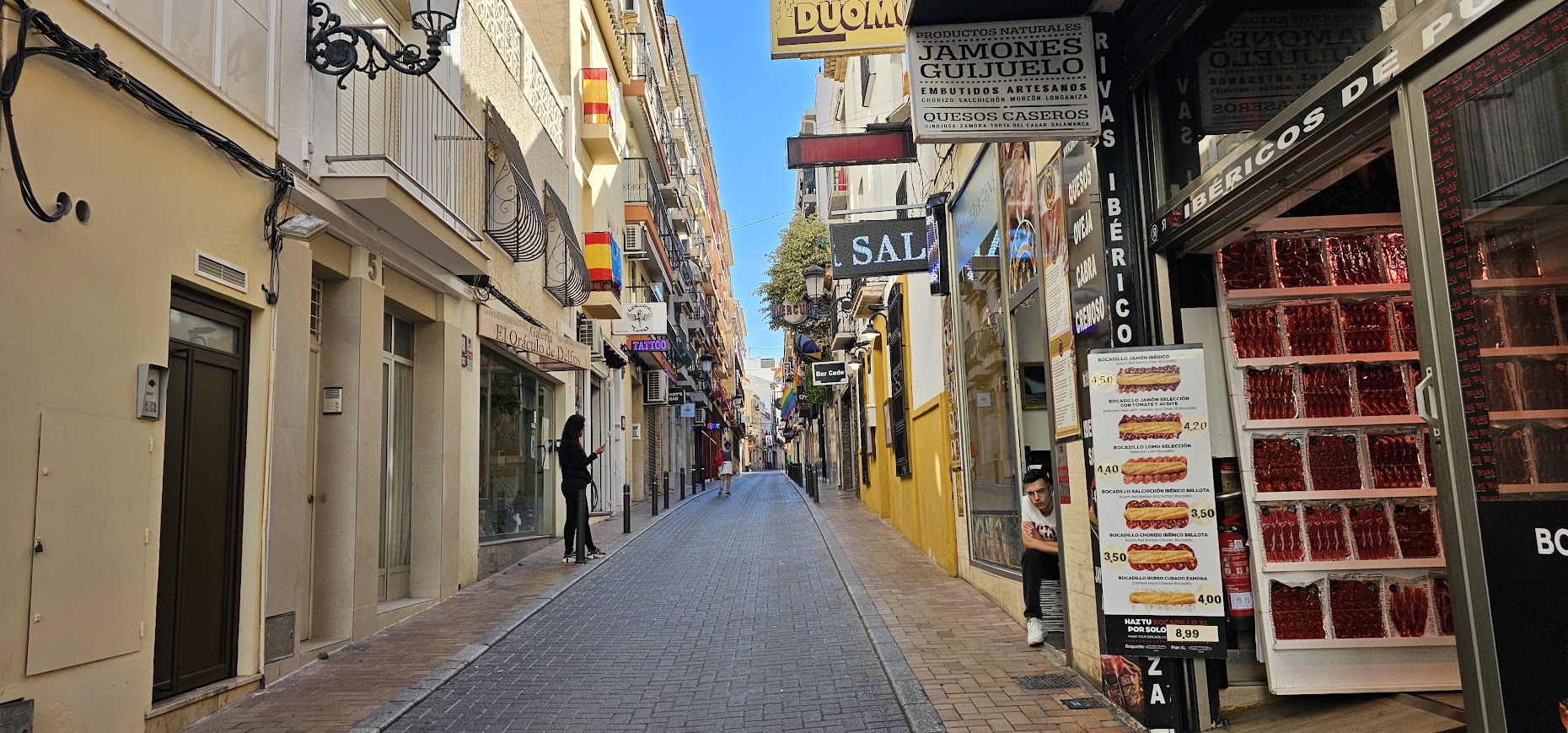After reporting irregularities that had occurred “systematically” within the force, a former Torrevieja Local Police officer was subjected to “constant harassment” from his superiors. The First Chamber of the Constitutional Court has upheld the award of nearly €100,000. The ruling, which was published in the Boletín Oficial del Estado (Official State Gazette)BOE)) on Friday, deems the “harassing conduct” experienced by officer Antonio RB, a career civil servant who held the status of protected victim of the Valencian Anti-Fraud Agency, to be “judicially proven.” It also emphasises that the Torrevieja City Council “actively participated, institutionally and within its scope of powers, in some of the harassment acts that have been judicially proven.”
The police officer’s claim for financial liability for workplace harassment was upheld by the Elche Administrative Litigation Court No. 1 in 2018. The initial judgement was overturned by the Second Section of the High Court of Justice of the Valencian Community (TSJ-CV) after an appeal, which ruled out the existence of workplace harassment. The officer’s appeal against the TSJ-CV ruling was subsequently dismissed by the Administrative Litigation Division of the Supreme Court. The Constitutional Court ultimately upheld the initial judgement, declaring it final, after the officer filed an appeal for constitutional protection.
The officer’s ordeal commenced in 2010, when the Torrevieja Local Police, which had been recently appointed under the Popular Party mayor Pedro Hernández Mateo, issued a warning regarding the lack of control over the cash collected in fines and the “systematic” inspections of specific entertainment venues. This was in contrast to the inaction in other establishments, despite unfavourable reports.
The incident was reported by him and two other police officers three years later, and an inspector and two officers were subsequently investigated. The complaint resulted in harassment, including the following: the removal of his weapon and documents from his gun rack and locker, the alteration of his schedules without prior notification and the assignment of new ones without the required rest period, and the denial of vacation time.
Manuel Antonio LV, one of the police commanders who co-defended the city council, published a “pamphlet” in which he referred to the officer as a “cephalopod” and a “slimy, disgusting animal” and disclosed private information on a notice board that was “visible to all personnel.” In the interim, the Alicante Traffic Department received a letter from the co-defendant Torrevieja Local Police Chief, Vicente GS, in which he suggested that the officer may have misplaced his driving licence.
He encountered a “rare atmosphere towards him” at his new post, the Alguazas Town Hall in the Region of Murcia, in 2016. He discovered that his medical records had been sent from Torrevieja and “reported as problematic” after consulting with a colleague. ” Subsequently, he was relocated to Lorca, “where he is at ease.”
Vicente GS and Manuel Antonio LV, the latter has now retired, were previously deemed to be “instigators of workplace harassment” in two “very similar” proceedings. As a result, the Vega Baja council was required to provide compensation to two other officers in the amount of 71,950 euros.
The Torrevieja City Council was aware of, permitted, and condoned the “true and certain” workplace and psychological harassment that the inspector and the superintendent of the Local Police endured for several years. The ruling asserts that both officers were “instigators of other harassment” of Local Police officers on multiple occasions.
The trial judge underscored that the officer’s account was not refuted by any witnesses or expert reports provided by Torrevieja City Council. Conversely, the victim’s testimony concerning the infringement of her moral integrity, personal dignity, and fundamental rights was “conclusive.”
The “hostile environment” and “psychological violence”
The Constitutional Court maintains the initial ruling and emphasises that “the concept of workplace harassment can encompass situations or behaviours of various kinds, whether specific or repeated over time, but they all have in common (…) the degrading nature of working conditions or the hostility they entail, and which have the purpose or result of attacking or endangering the employee’s personal integrity.”
The court determines that the alleged constitutional violation is “clearly indicative,” indicating a “reasonable suspicion” that the police officer’s treatment was workplace harassment that “significantly harmed his physical and moral integrity.”
“He was deliberately and repeatedly humiliated with the intention of violating his dignity, resulting in a hostile and psychologically violent environment that not only prompted him to demand a change of workplace but was also exacerbated by the city council’s repeated refusal to grant him this, ultimately having a significant impact on his physical and mental health,” the ruling states.
The Constitutional Court also gives “special emphasis” to the fact that the Torrevieja City Council “not only consciously remained indifferent to the hostile conduct” towards the police officer, in a “repeatedly passive position” maintained “for years,” but also “actively participated, institutionally and within its scope of powers, in some of the acts of harassment that appear to have been judicially proven.”








No Comment! Be the first one.